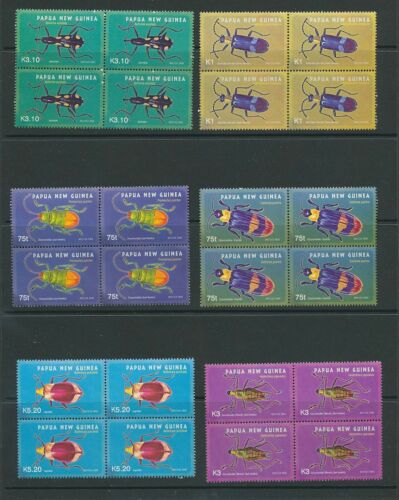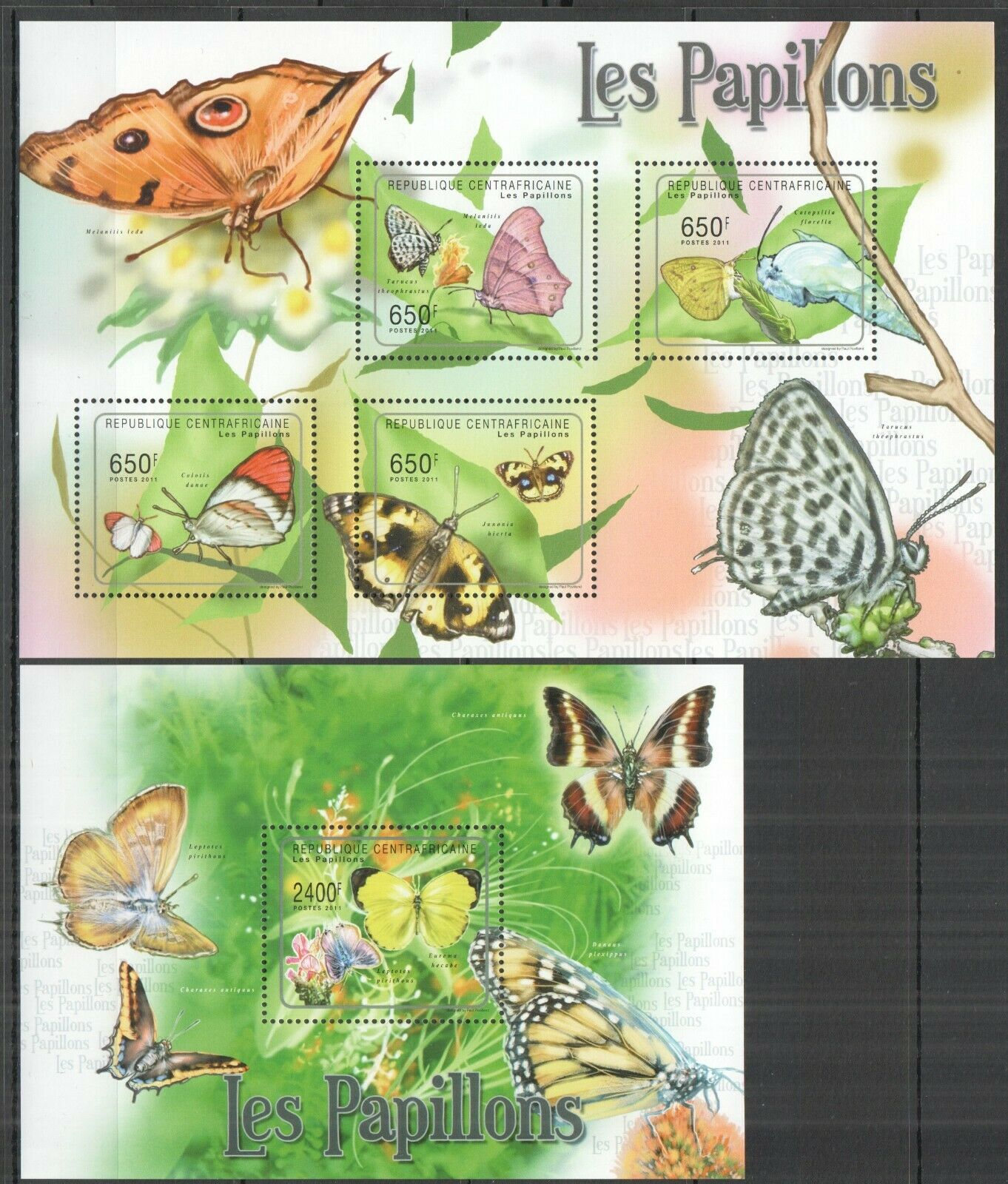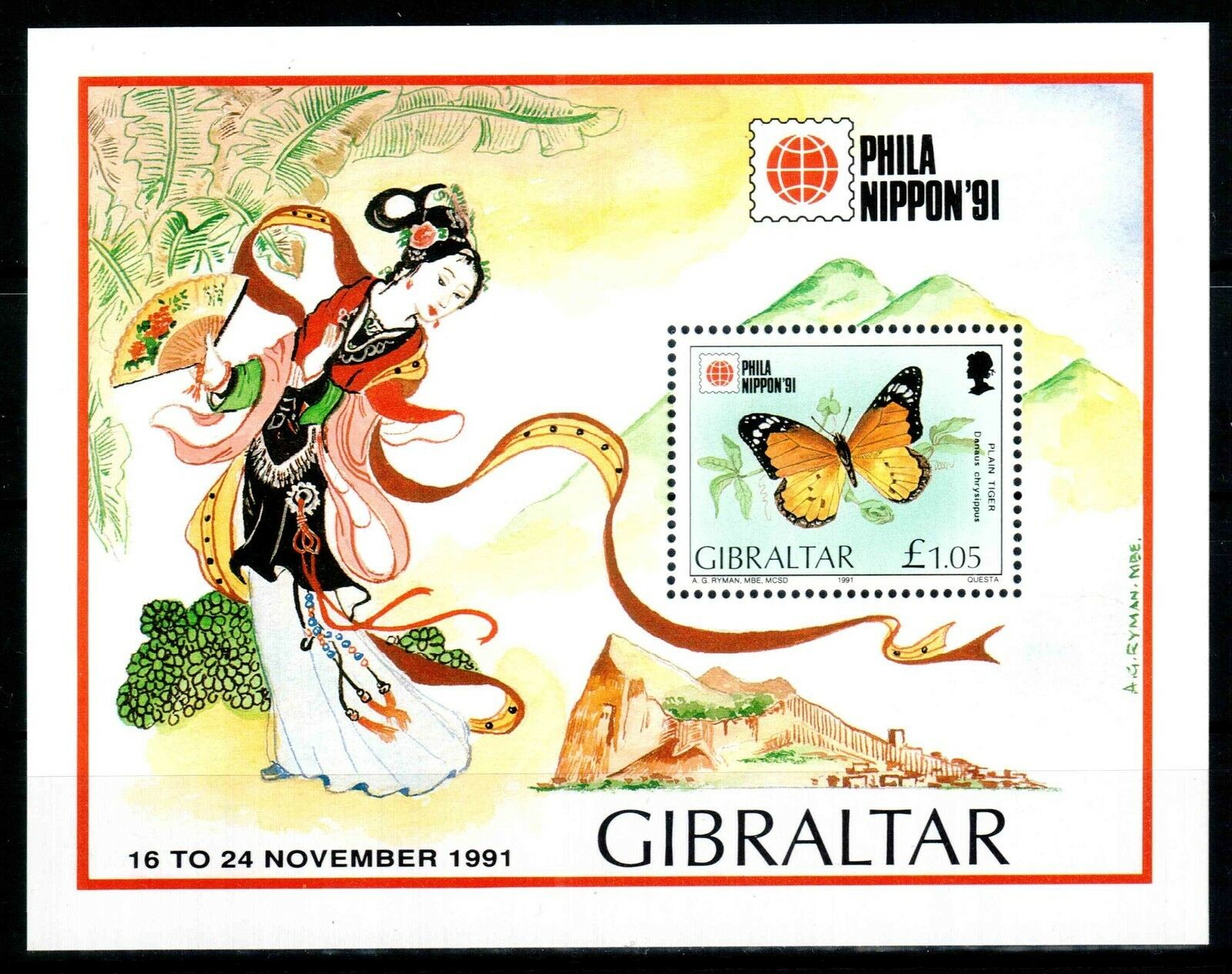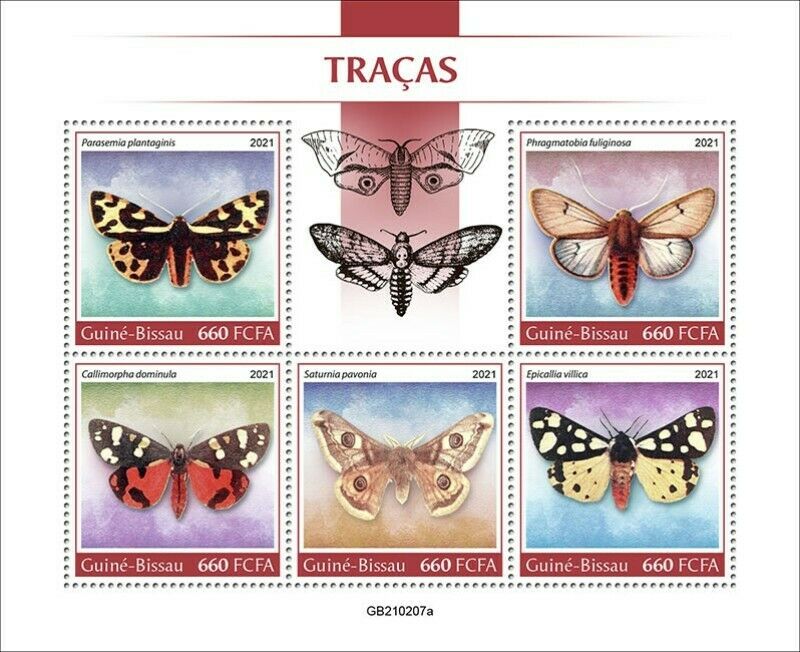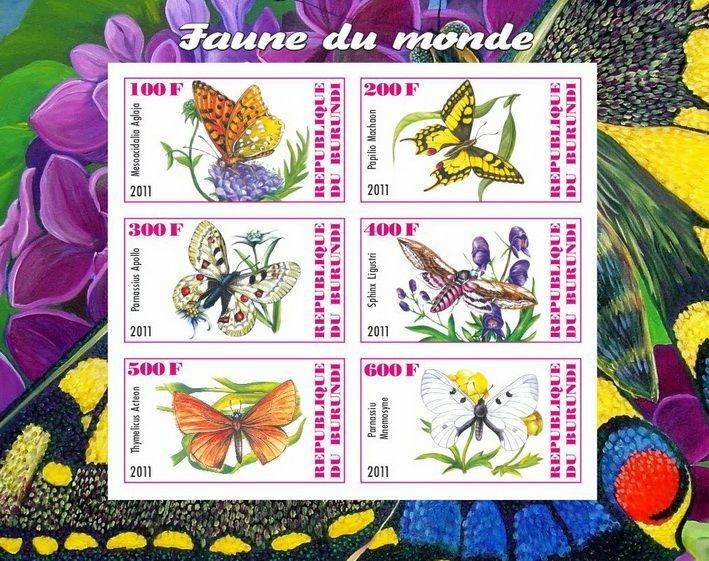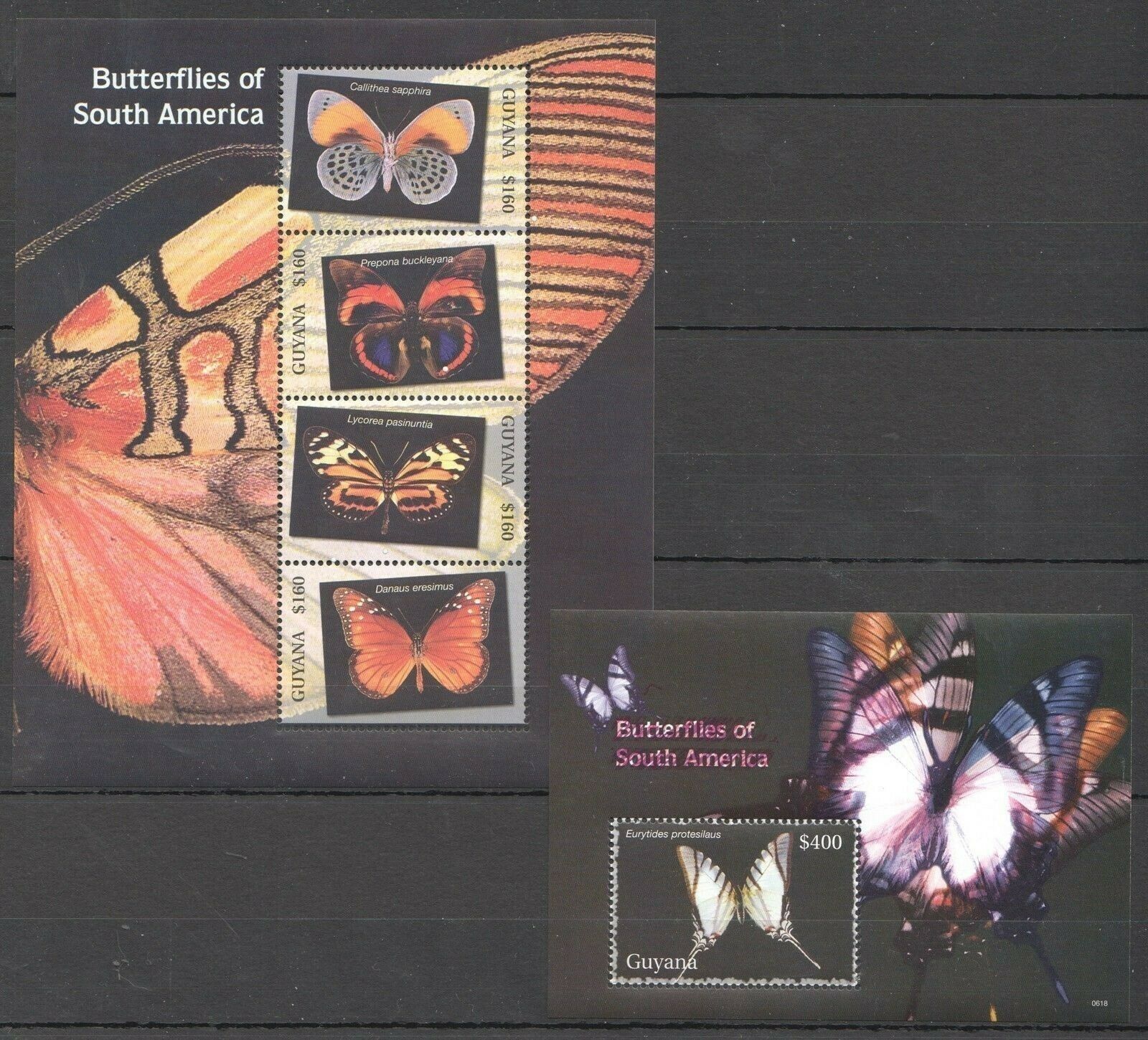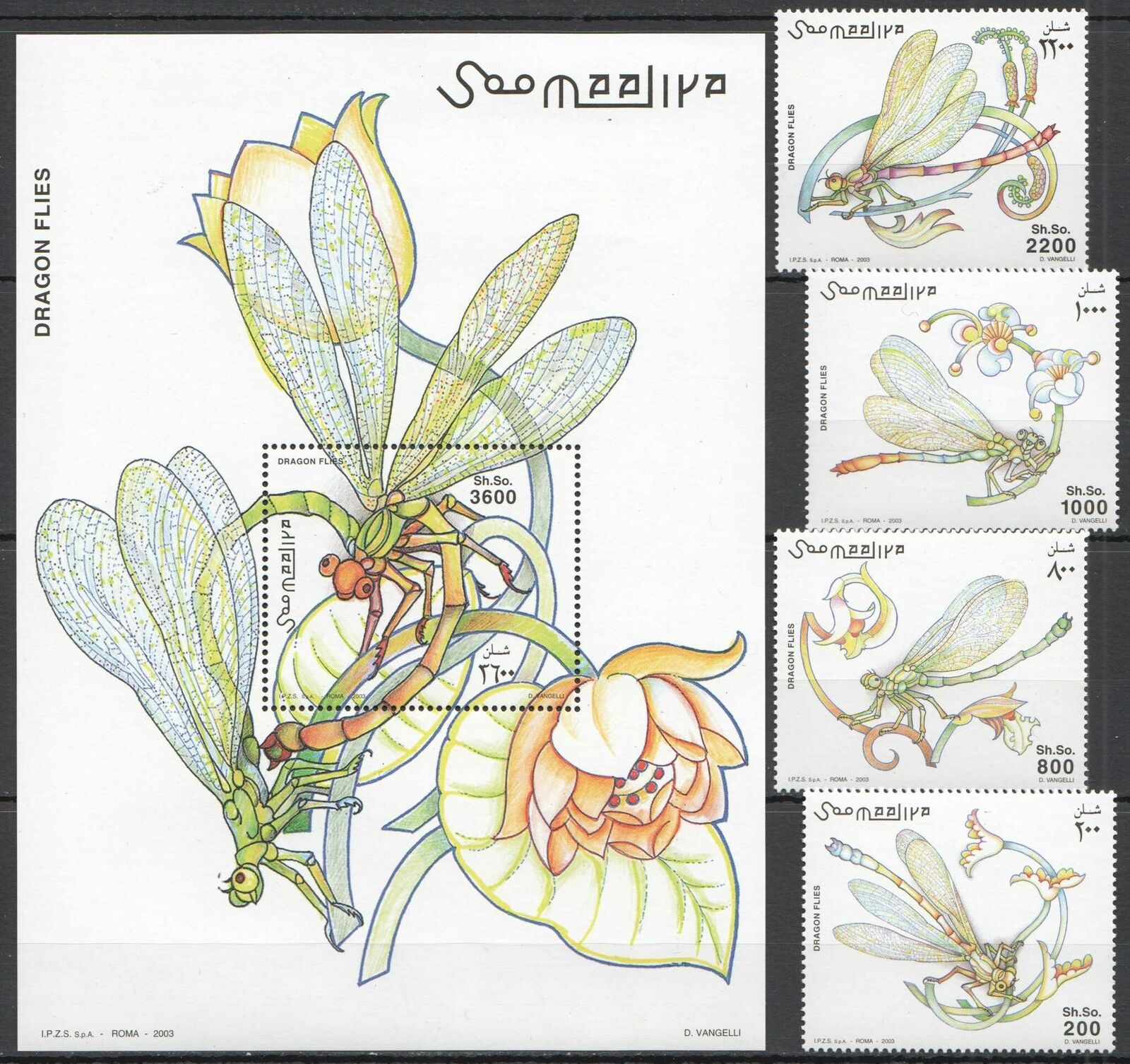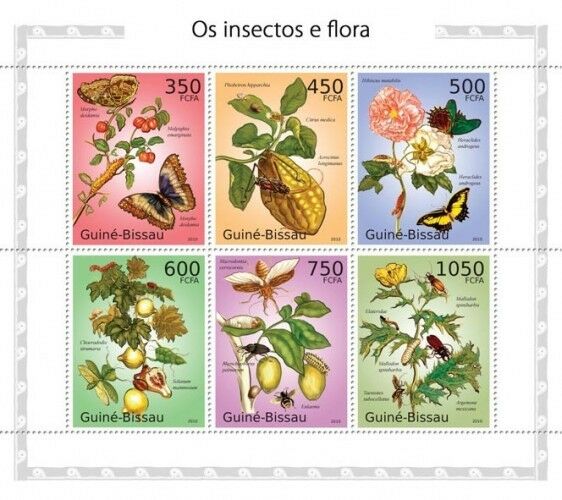-40%
Maluku Islands Indonesia Fauna Tropical Butterflies stamps 1949 MLH
$ 3.69
- Description
- Size Guide
Description
Good stamps.The Maluku Islands
or the Moluccas are an archipelago within Indonesia. Tectonically they are located on the Halmahera Plate within the Molucca Sea Collision Zone. Geographically they are located east of Sulawesi, west of New Guinea, and north and east of Timor. The islands were also historically known as the "Spice Islands" by the Chinese and Europeans, but this term has also been applied to other islands outside Indonesia. Most of the islands are mountainous, some with active volcanoes, and enjoy a wet climate. The vegetation of the small and narrow islands, encompassed by the sea, is very luxuriant; including rainforests, sago, rice, and the famous spices—nutmeg, mace and cloves, among others. Though originally Melanesian, many island populations, especially in the Banda Islands, were killed off in the 17th century during the Spice Wars. A second influx of Austronesian immigrants began in the early twentieth century under the Dutch and continues in the Indonesian era.The Maluku Islands formed a single province since Indonesian independence until 1999, when it was split into two provinces. A new province, North Maluku, incorporates the area between Morotai and Sula, with the arc of islands from Buru and Seram to Wetar remaining within the existing Maluku Province. North Maluku is predominantly Muslim and its capital is Sofifi on Halmahera island. Maluku province has a larger Christian population and its capital is Ambon. Between 1999 and 2002, conflict between Muslims and Christians killed thousands and displaced half a million people."Spice Islands" most commonly refers to the Maluku Islands and often also to the small volcanic Banda Islands, once the only source of mace and nutmeg.

